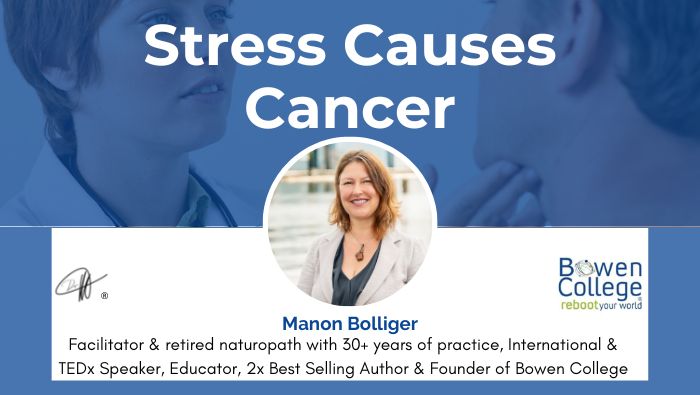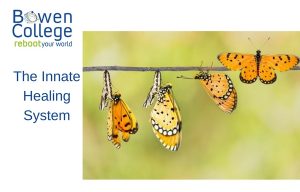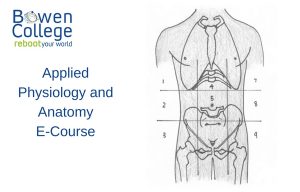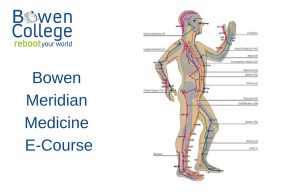In a study funded by The National Institute on Aging and the National Cancer Institute, researchers interviewed 94 women whose breast cancer had spread (metastatic) or returned (recurrent) about the stress in their lives. David Spiegel, M.D., one of the study’s authors, and a faculty member at the Stanford University School of Medicine, found there were marked differences among women who had experienced different levels of stress.
“Comparisons revealed a significantly longer disease-free interval among women reporting no traumatic or stressful life events,” says Dr. Spiegel. “A history of traumatic events early in life can have many physical and emotional effects, including changing the hormonal stress response system.”
Even more significant is what Dr. Spiegel refers to as “good news”: “Our research has shown that people do better in the aftermath of traumatic stress if they deal with it directly. Facing it rather than fleeing is important. We have conducted support groups for more than 30 years, and found that dealing with traumatic and very stressful experiences is much healthier. In other words, don’t suppress your emotions” (Spiegel, 2008).
This research indicates that emotional support, community, and the ability to share actually impact biological results. So why is much “research” focused on biological approaches to cancer treatment, when, clearly a holistic, or at least an integrative approach, is more likely to be effective? My clinical experience certainly concurs with the research, and moreover, when I see patients “cured” of cancer but not liberated from the emotionally draining circumstances, it is evident to me that they know they are not out of the danger zone.









